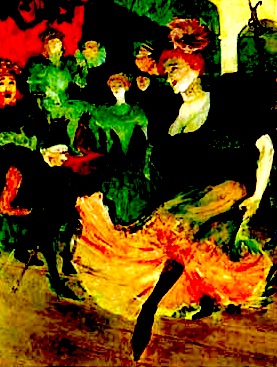Gioachino Rossini
He knows nothing of the letter, nothing of the whole affair…
Friday 4 and Saturday 5 February 2011
8pm
Sheldonian Theatre, Broad Street
Tickets £20/15/10 and £10/8/6 available from Tickets Oxford (01865 305 305, also at: http://www.oxfordplayhouse.com/ticketsoxford/?event=12315), or via www.barberinoxford.co.uk, or on the door
Let us know you’re coming and invite your friends via Facebook. Visit our event page.
**********
Creatives:
Conductor…………….Jonathon Swinard
Director…………………..Michael Burden
Repetiteur/Chorus Master..Ben Holder
Cast:
Rosina……………….Esther Brazil
Count Almaviva…Nick Pritchard
Figaro……………..Dominic Bowe
Don Bartolo……….Sam Glatman
Don Basilio………..Tom Bennett
Bertha………….Julia Sitkovetsky
Fiorello……..Matthew Silverman
Chorus:
Edmund Bridges
Andrew Hayman
James Andrewes
Sam Poppleton
Patrick Edmond
Jack Noutch
Orchestra:
Violins: Cecilia Stinton (Leader), Emily Benn, Henry Chandler, Becca Considine, Cameron Millar
Violas: Gina Emerson, Louise Hill, Emily Woodwark
Cellos: Dominic Oldfield, Dan Benn, Alexia Millett, Sophie Sayer
Basses: Grace Jackson, Sophie Wragg
Flute: Alex Leese
Oboe: Rachel Becker
Clarinets: Beth Allen, Joe Norris
Bassoon: Sam Brown
Horn: James Ash
Percussion: Christopher Little
Guitar: Stefan Schwarz
Harpsichord: Ben Holder
§§§§§§
The Barber of Seville
Gioachino Rossini
Rossini’s sparking comedy The Barber of Sevile is based on Pierre Beaumarchais’s play of the same name, first performed in 1775 in Paris at the Comédie-Française at the Tuileries Palace. It was first performed on 20 February 1816, and is one of Rossini’s most popular operas.
Plot
Act 1, scene i opens outside Dr Bartolo’s house. The elderly Bartolo is guardian to the young Rosina. A band of musicians serenade (unsuccessfully) the window of Rosina’s room; they are in the employ of a poor student, Lindoro who is deeply in love with Rosina. Lindoro, however, is Count Almaviva in disguise, hoping to persuade Rosina to love him for himself and not his money and position. The famous ‘Largo al factotum della città ’ heralds the arrival of the Count’s former servant, Figaro, now the town barber. He is also barber to Dr Bartolo, the Count engages his services in order that he might meet Rosina. After a moment or two, Figaro comes up with a plan. The Count should disguise himself as a solider to be billeted with Bartolo; if he also pretends to be drunk, it will make gaining access easier.
Act 1, scene ii opens in Bartolo’s house. Rosina is writing to her lover ‘Lindoro’. As she leaves the room, Bartolo and Basilio enter. Bartolo is suspicious of the Count (who he only knows in his true guise), but the wiley Basilio advises that the way to deal with him is to destroy him with rumours. Rosina re-enters with Figaro, who asks her to write to Lindoro, but she is surprised by Basilio.
Berta, Bartolo’s housekeeper, leaves only to be met by the ‘drunken’ Count, now in disguise as a solider. Berta calls Bartolo, but he is no more effective at removing the Count. In the confusion, the Count manages to tell Rosina that he is Lindoro, and passes her a letter. Seen by the Bartolo, he demands to know what is on the paper; Rosina responds by giving him her laundry list. An argument breaks out between Bartolo and the Count, who are then joined by Basilio, Figaro, and Berta. The noise attracts the Officer of the Watch, his refusal to arrest the drunken solider (the Count quietly reveals his true identity, making arrest impossible) causes mayhem.
Act 2 opens with Almaviva appearing again at Bartolo’s house in disguise, this time as a singing teacher replacing the supposedly ill Basilio, who usually teaches Rosina singing. The disguised Count gains Bartolo’s immediate trust by giving him Rosina letters and revealing that he believes ‘Lindoro’ to be one of the Count’s servants. Figaro arrives to shave Bartolo, who does not trust the replacement music teacher, and is shaved in the room while Rosina is given her lesson.
The supposedly ill Basilio appears; he is bribed to pretend to be ill, and disappear. In the end, though, Bartolo discovers the trick, and resolves this situation by deciding to have a marriage contract drawn up between himself and Rosina. He also convinces Rosina that ‘Lindoro’ is not a student, but someone working at the wicked Almaviva’s behest.
The Count and Figaro arrive to rescue Rosina from the unwanted marriage via a ladder at the window. Believing Bartolo’s story of betrayal, Rosina rejects Almaviva; he, however, reveals his true identity, and they are reconciled. However, they are delaying the departure; Figaro tries to get them to depart but fails, and then they discover the ladder has been removed (by Bartolo)! Basilio enters with notary; the notary has arrived to marry Rosina and Bartolo. However, Almaviva bribes Basilio to witness his (Almaviva’s) marriage to Rosina, and by the time Bartolo arrives, it is too late! All agree that removing the ladder was a ‘Useless Precaution’.

 New Chamber Opera
New Chamber Opera
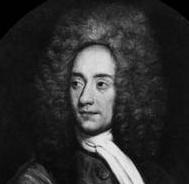
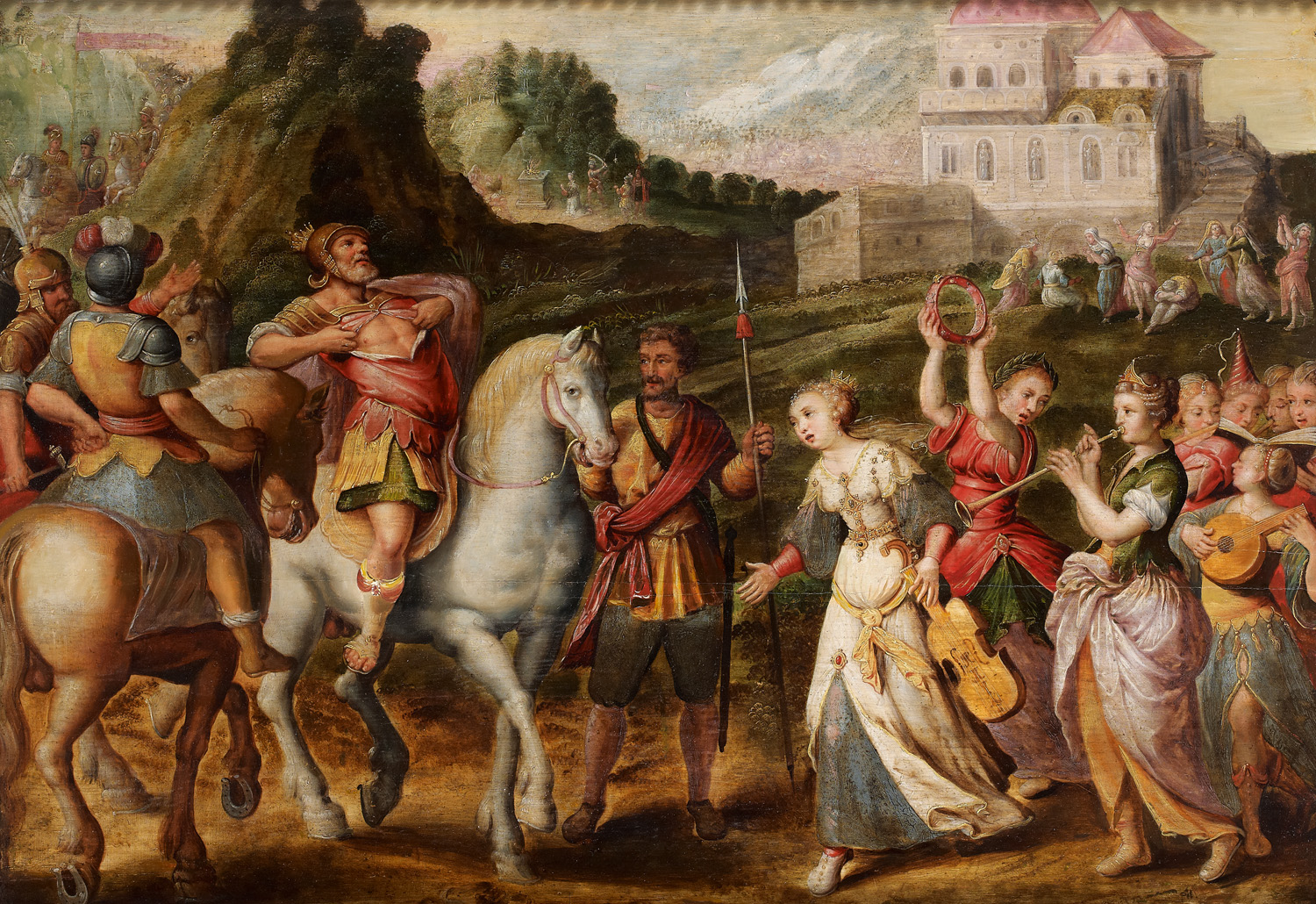
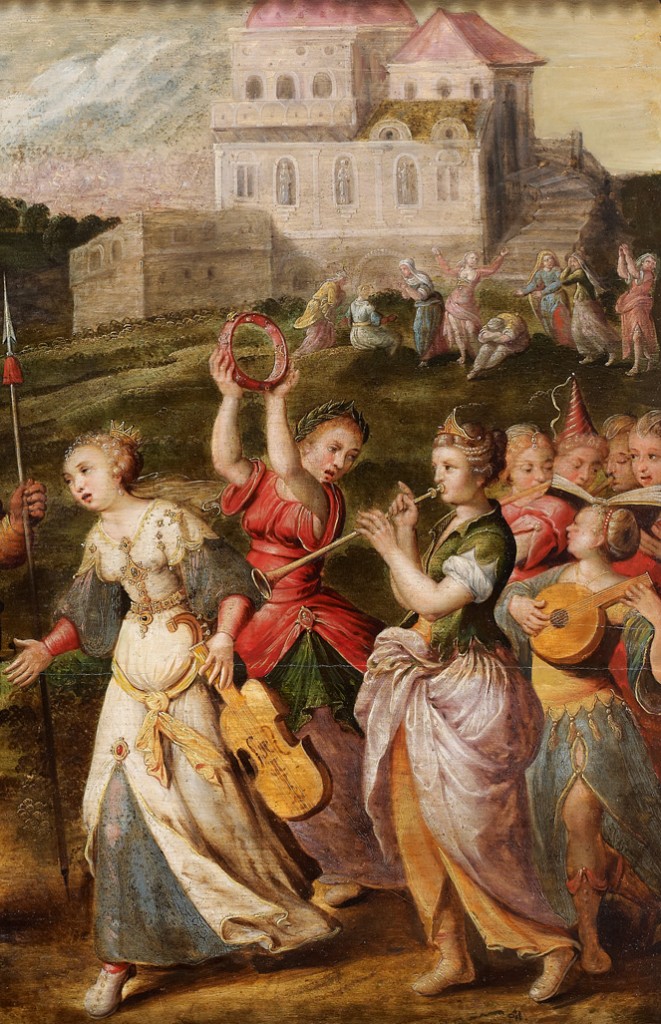 Bach: Easter Oratorio
Bach: Easter Oratorio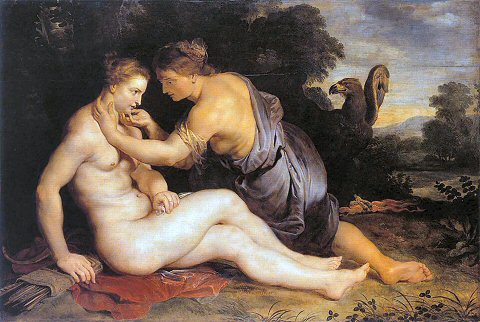
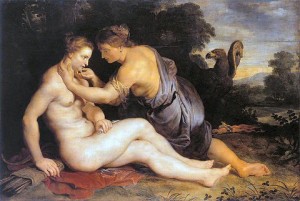 (in English)
(in English)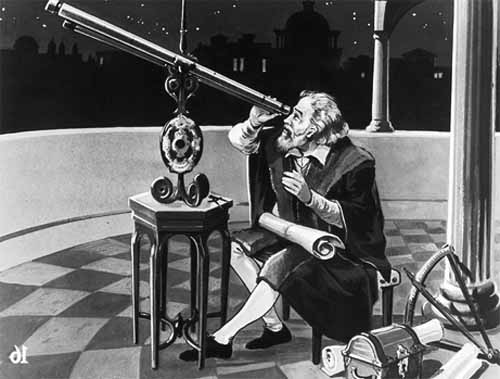
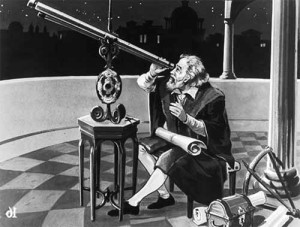 Conductor – Harry Sever
Conductor – Harry Sever Cast
Cast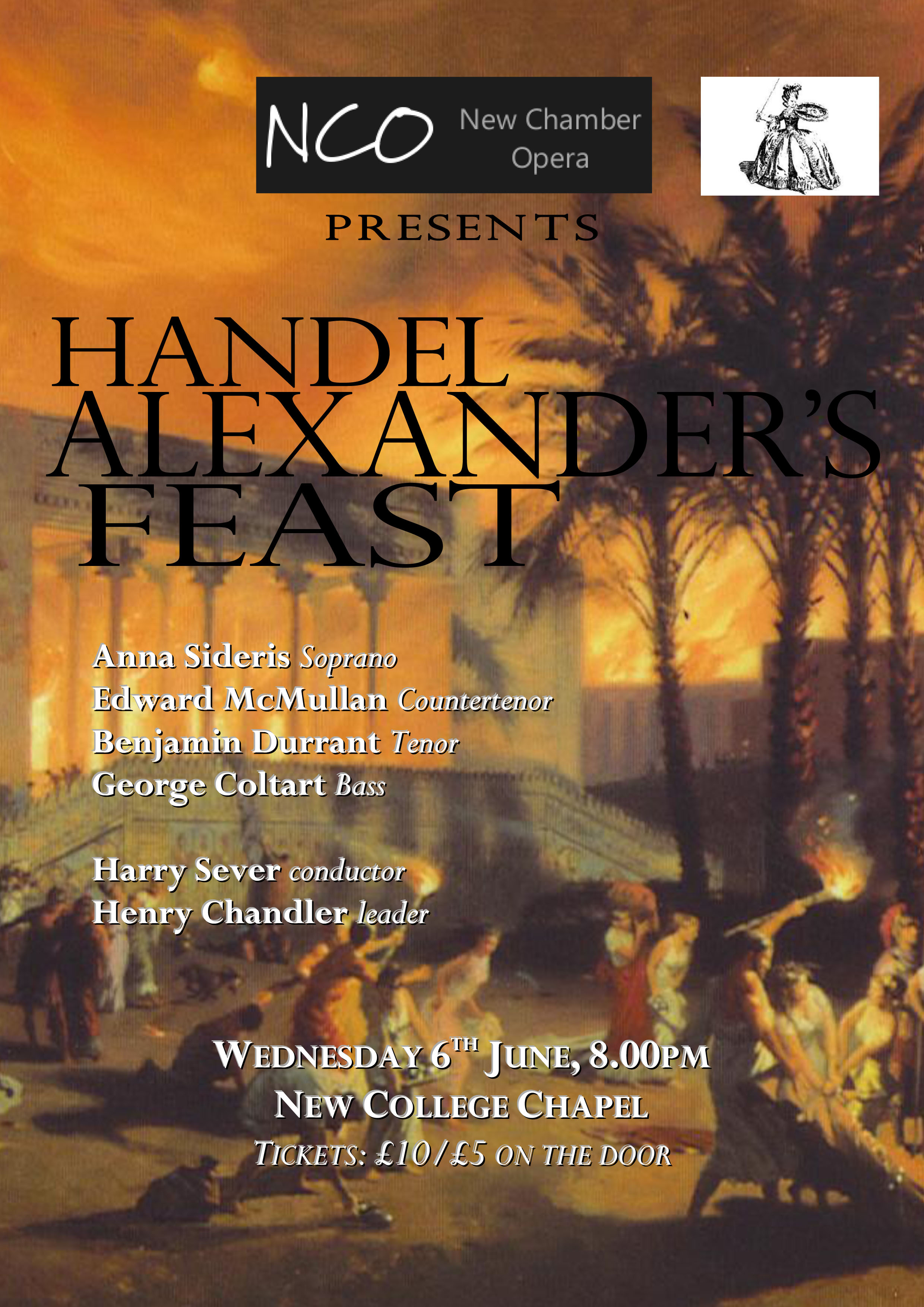
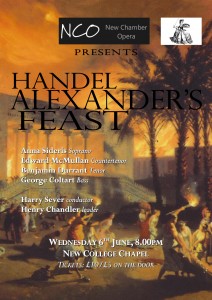
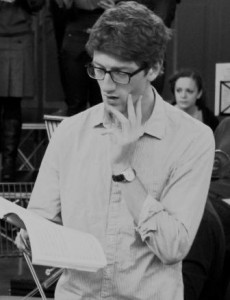 Harry Sever (baritone), Thomas Jesty (piano)
Harry Sever (baritone), Thomas Jesty (piano)